Imagining Acadiana: Cajun Identity in Modern Louisiana
Jessica Dauterive
Dissertation Defense
April 19, 2024
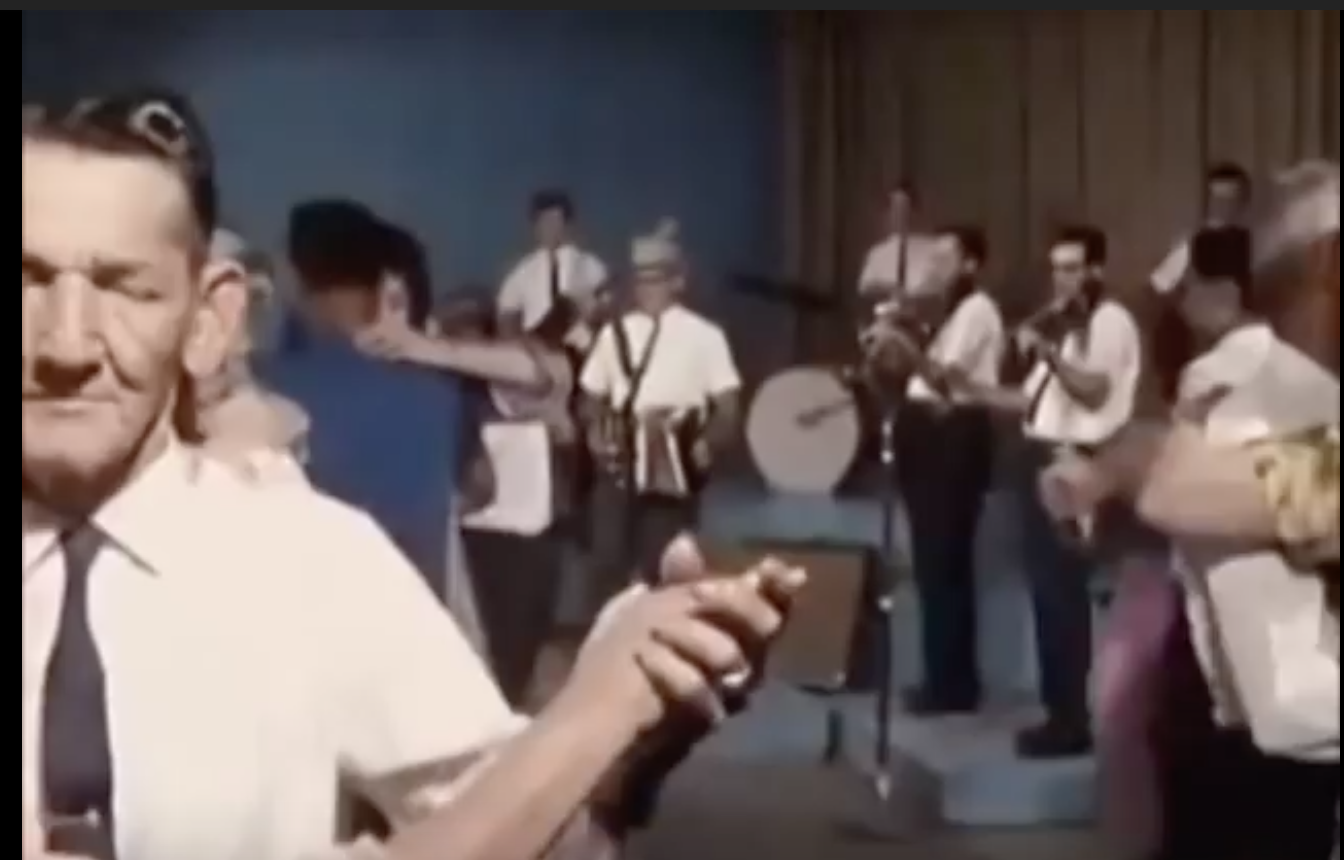
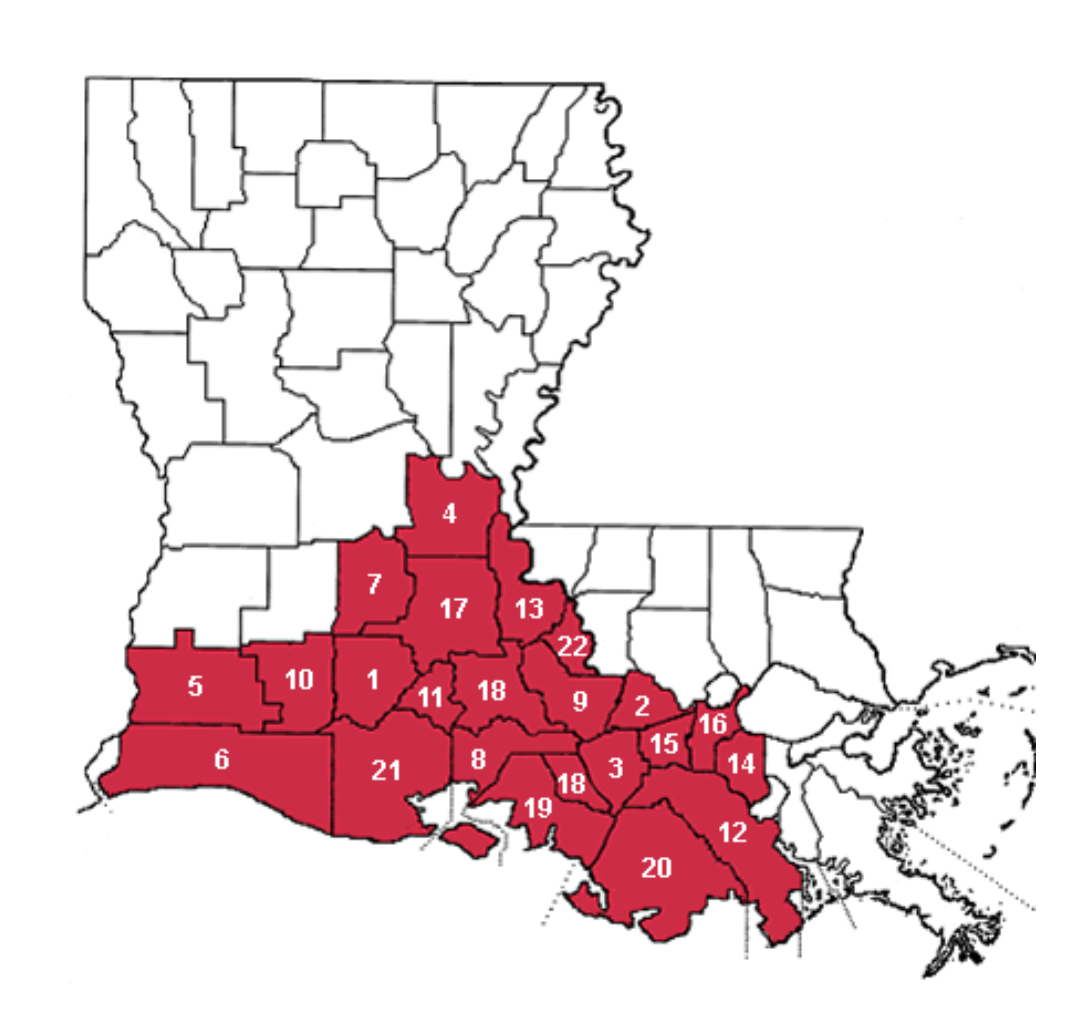
Acadiana

1963: KATC coins "Acadiana"
1971: LA Legislature declares Acadiana an economic region
1973: LA Legislature adopts the Acadian flag for the region
Argument and Contributions
- New perspectives of Americanization in Cajun history
- 1920s-1970s
- 1920s-1970s
- Power, profit, preservation
- White ethnic group
- Cajun culture industries
- Middle out work
- Cajun community leaders took advantage of the slippage between a romantic and white Acadian identity and a historical and more ethnic Cajun identity to lay the foundation for a multiracial, multiethnic, and multicultural region to become Acadiana.

Scope and Structure
- Fifty year period, 1920s-1970s
- Responded to national contexts of political, social, and cultural change
- Dissertation in two acts: from Acadian to Cajun identity
- Focus local community leaders
- Shifts from feminine to masculine regional identity and who shapes it


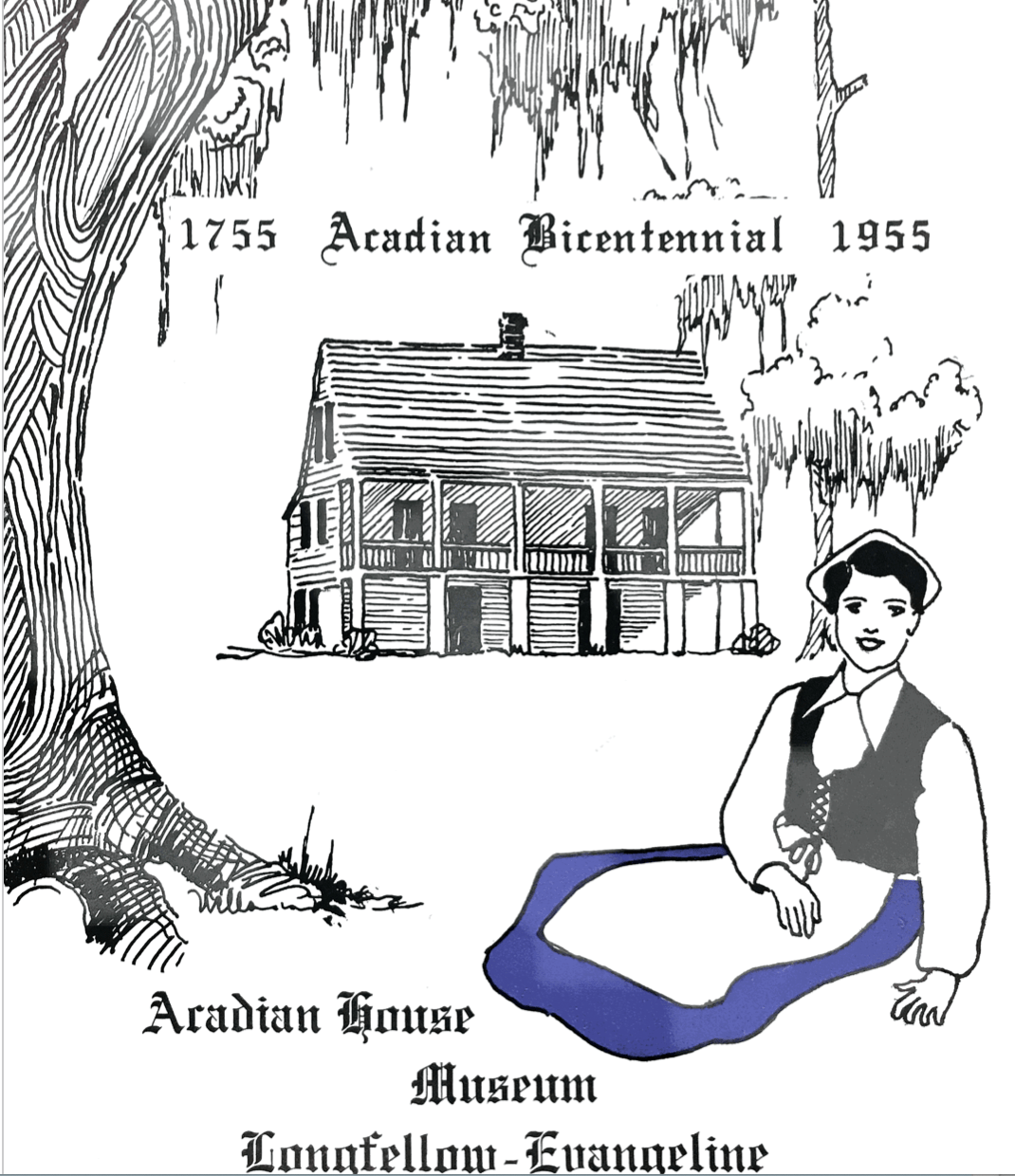
Mildred Dessens: Evangeline Tourism and the Roots of Acadian Memory
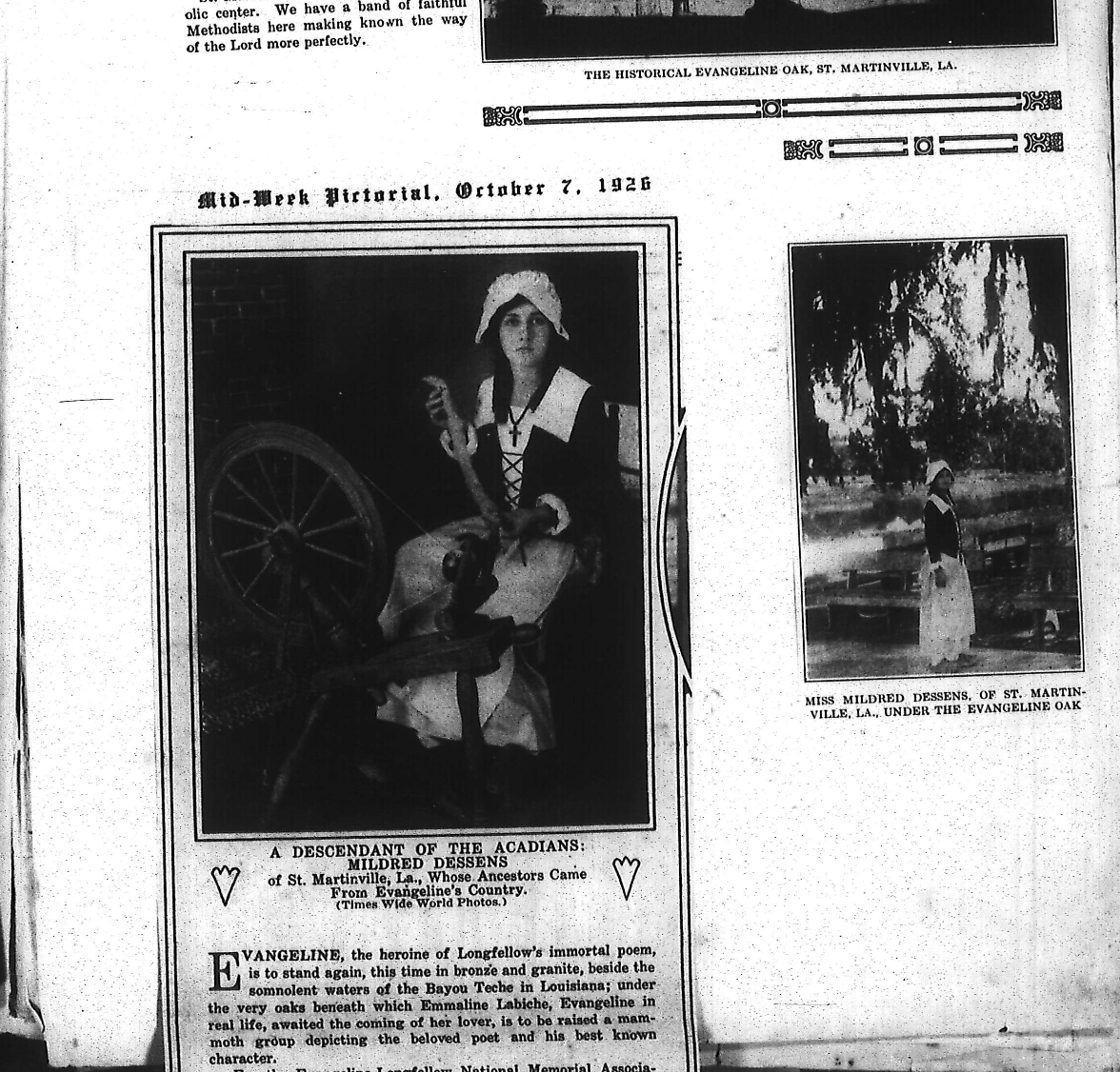
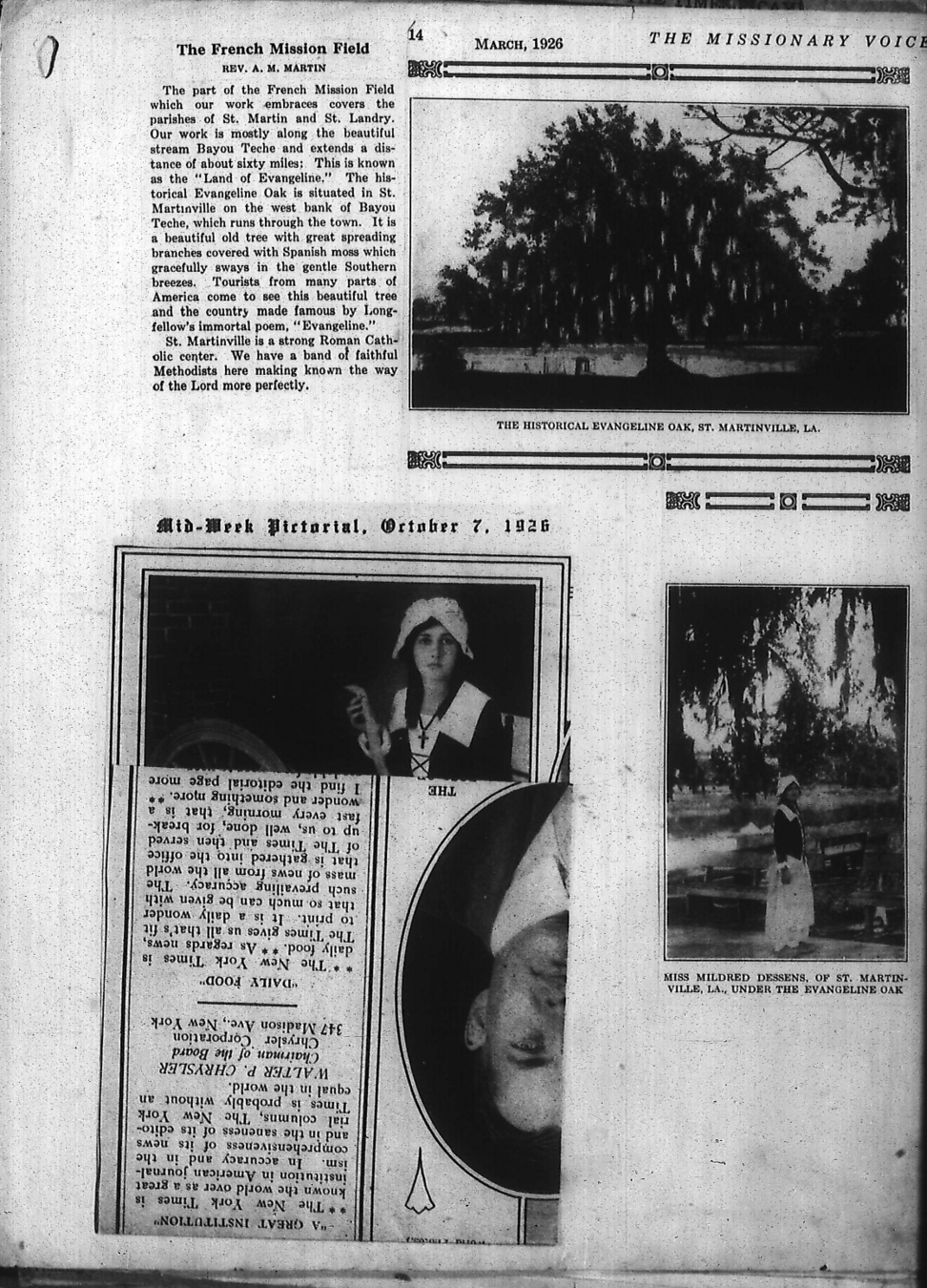
- Time period: 1925-1930
- Sources: Close reading of Mildred Dessens' scrapbook
- Argument: Mildred Dessens’ work as The Modern Evangeline provided the narrative foundation for the development of Acadiana by bringing Acadian myth and history to life, forever altering the identity of a region and its people through tourism.

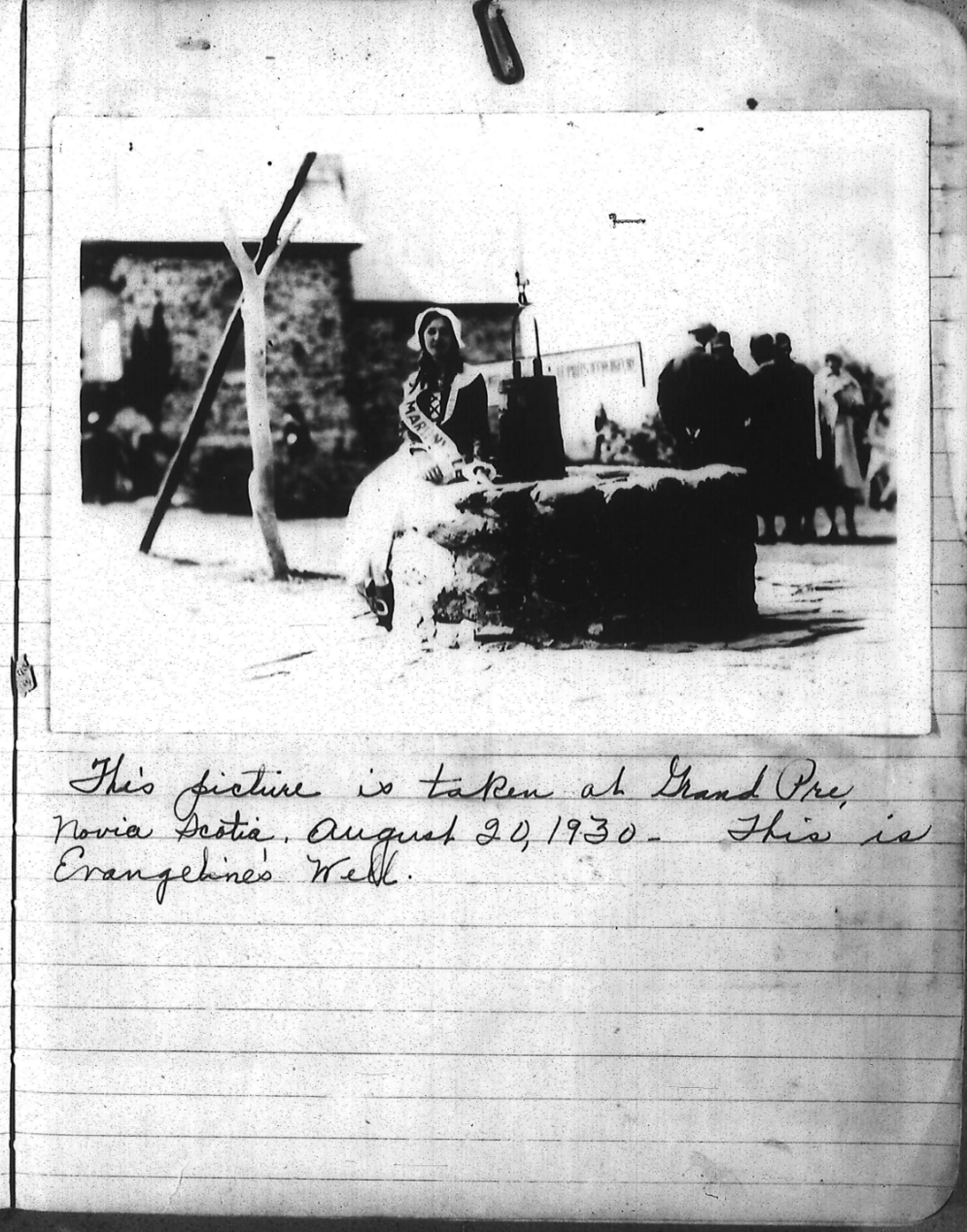

Louise Olivier: From the Evangeline Myth to the Acadian Folk
- Time period: 1938-1955
- Sources: Organizational records of the Acadian Handicraft Project and Acadian Bicentennial Celebration
- Argument: Louise Olivier laid a new foundation for the emergence of Acadiana based on the living folk culture of the Acadian and Cajun past by moving the region’s identity from myth to history.
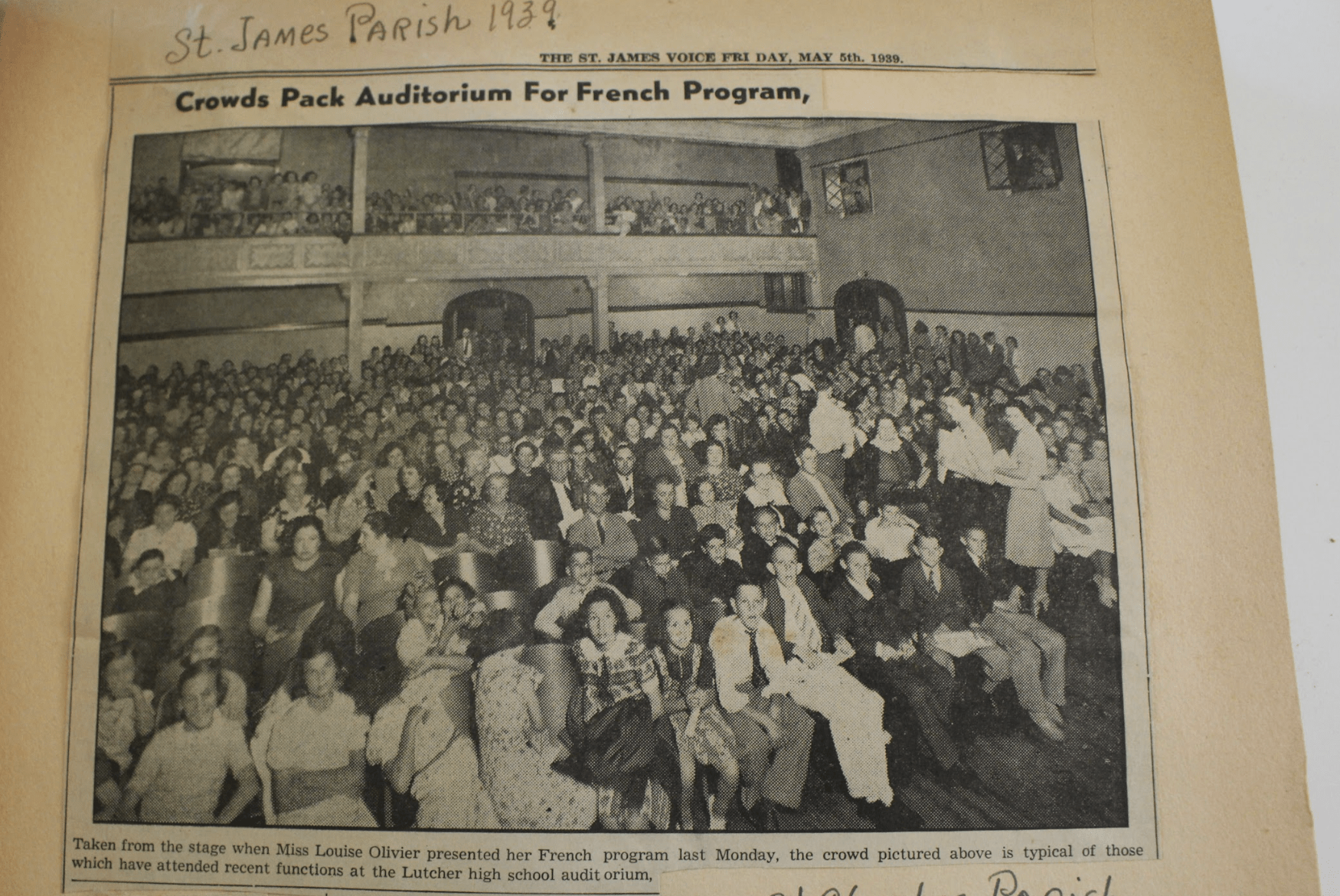

Catherine Blanchet: The Louisiana Folk Foundation and the Racial Politics of Acadian Identity
- Time period: 1964-1965
- Sources: Correspondence of the Louisiana Folk Foundation and Ralph Rinzler papers
- Argument: The work of the LFF, particularly secretary Catherine Blanchet, makes clear the power of Acadian music to defend a white, conservative regional identity.
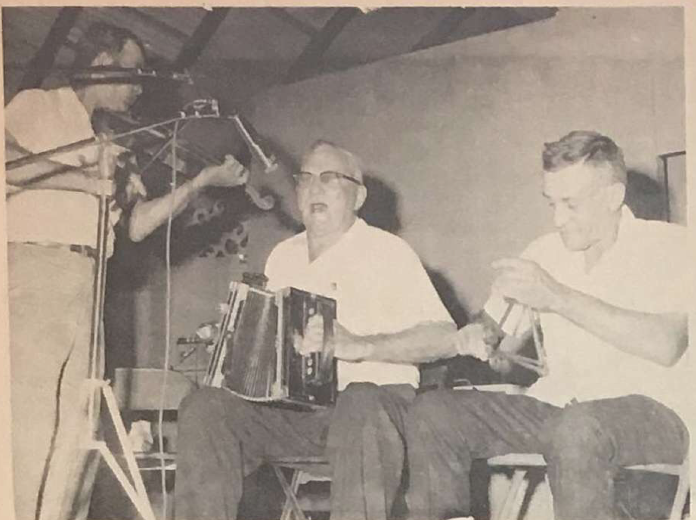
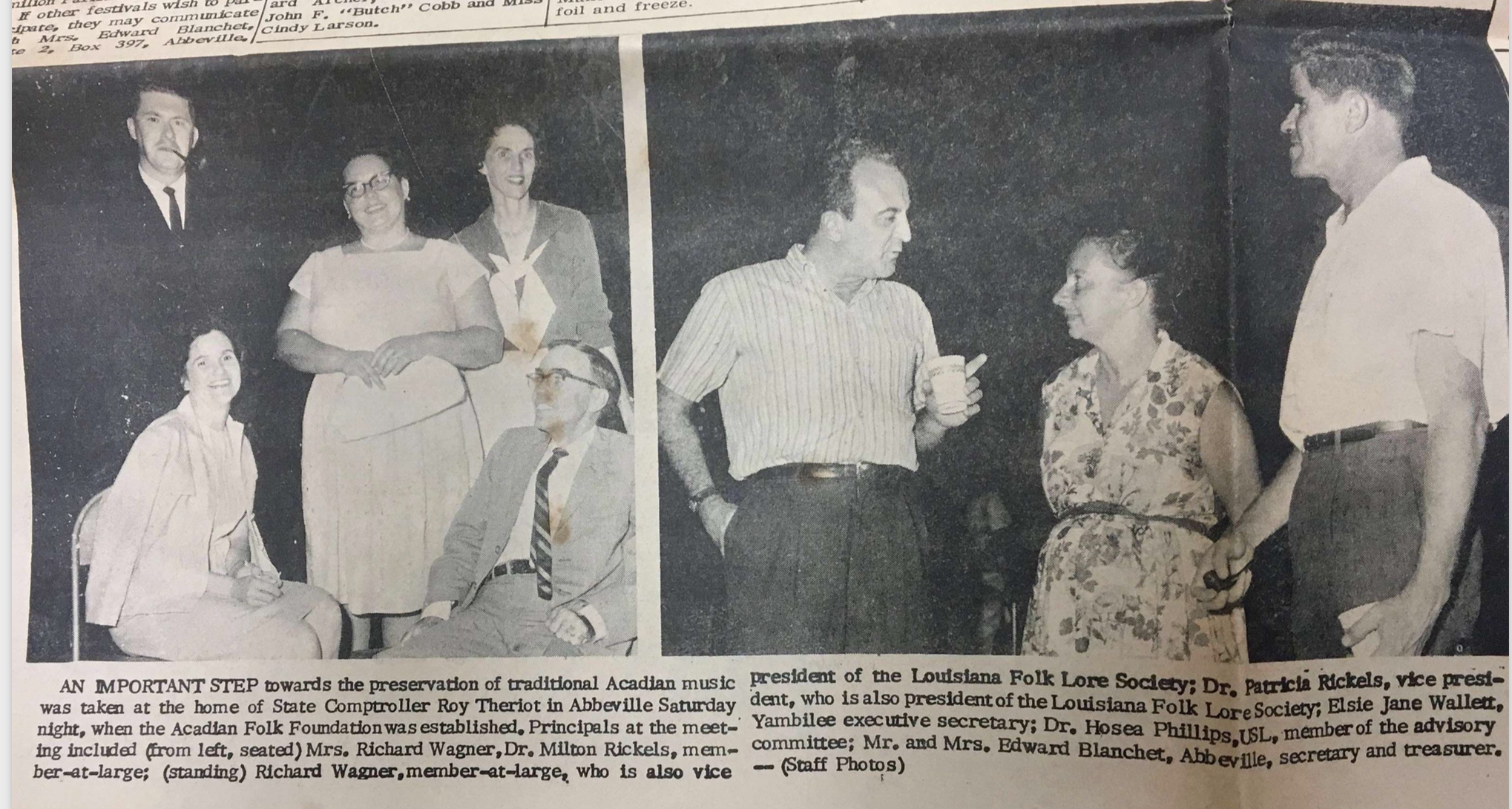
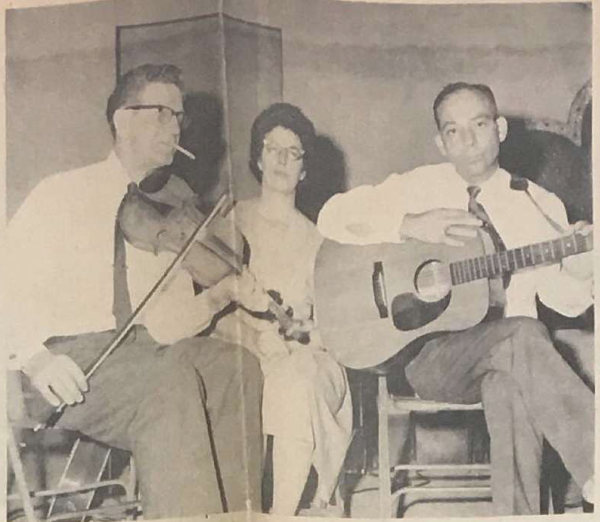

Floyd Soileau: Recording Acadiana's Folk Music in the Region's Commercial Music Industry
- Time period: 1950s-1970s
- Sources: Oral histories, Flat Town catalog
- Argument: Floyd Soileau played a crucial role in developing the region’s sonic Cajun identity and demonstrates how local, vernacular music was given meaning through the marketplace.
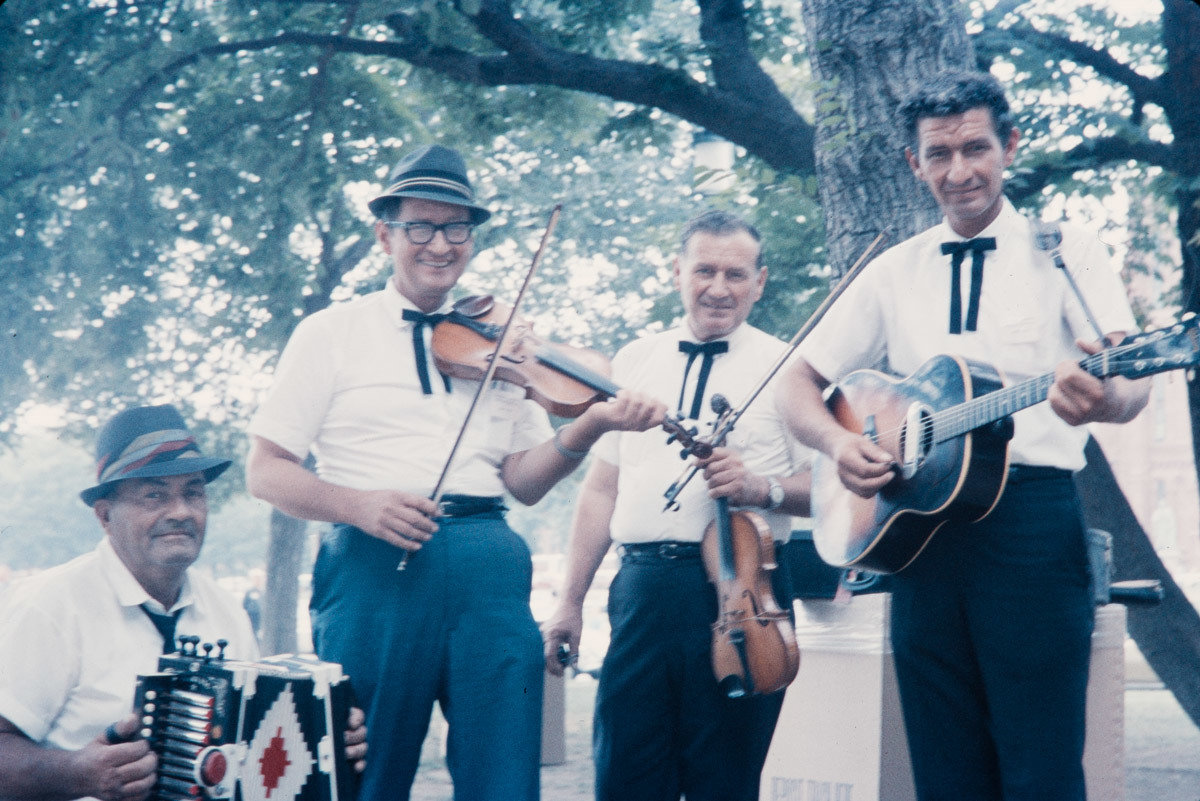
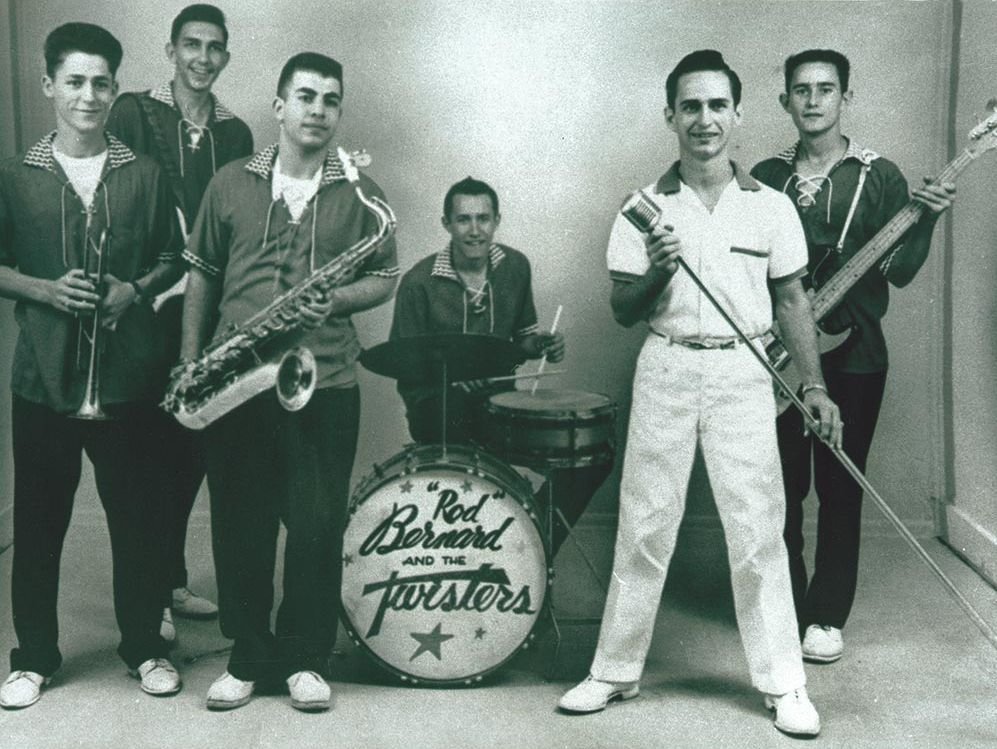
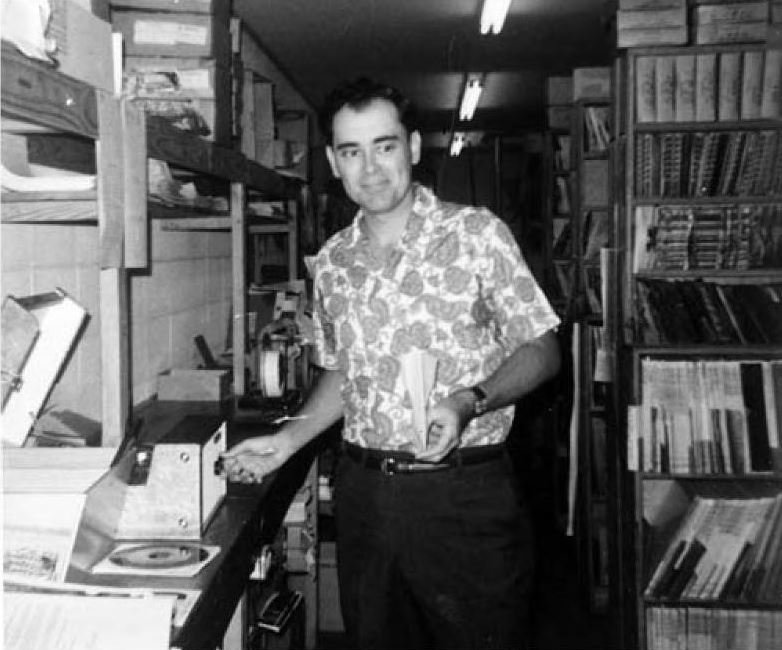

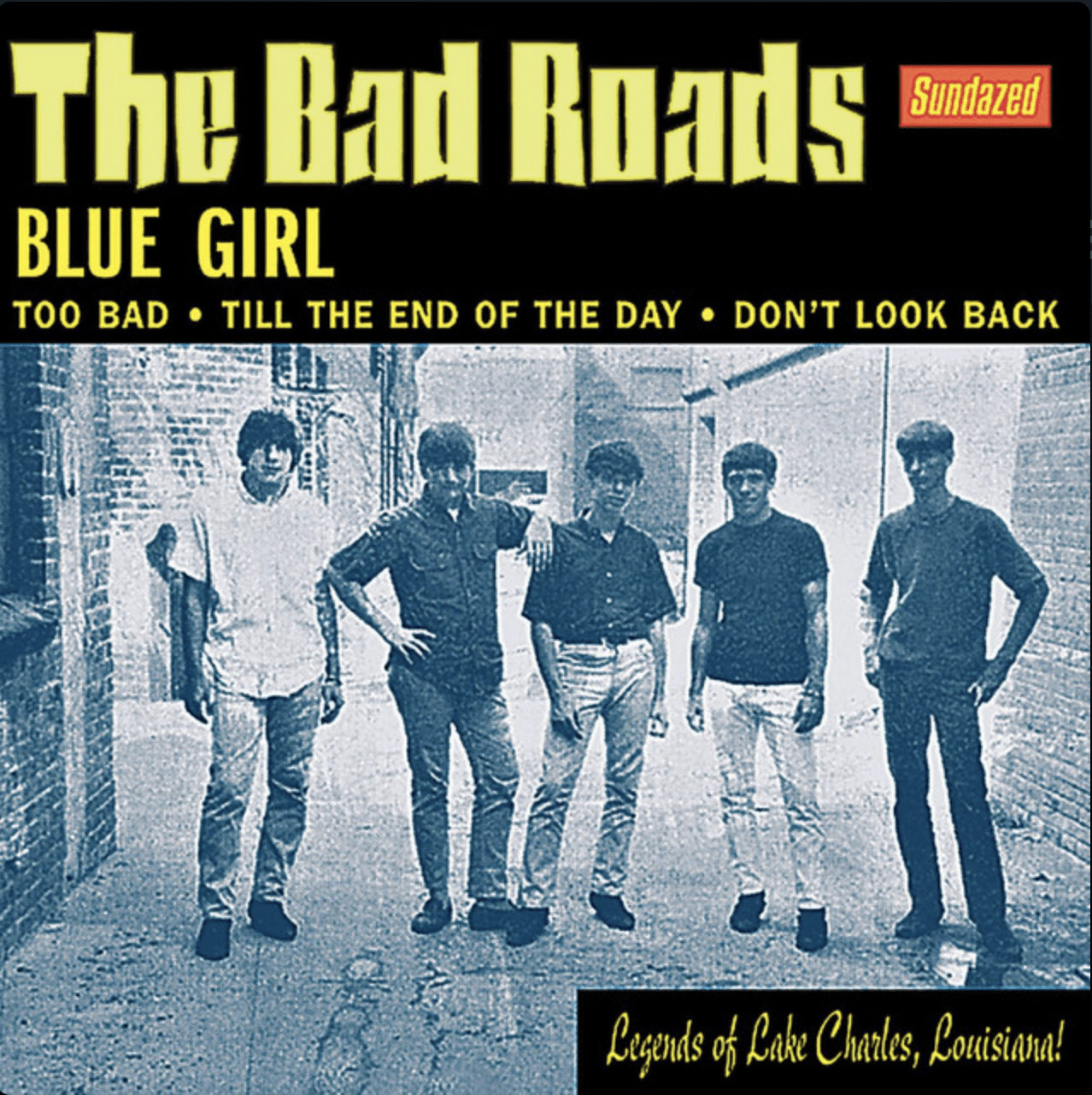

Epilogue: Acadiana, (Re) Imagined

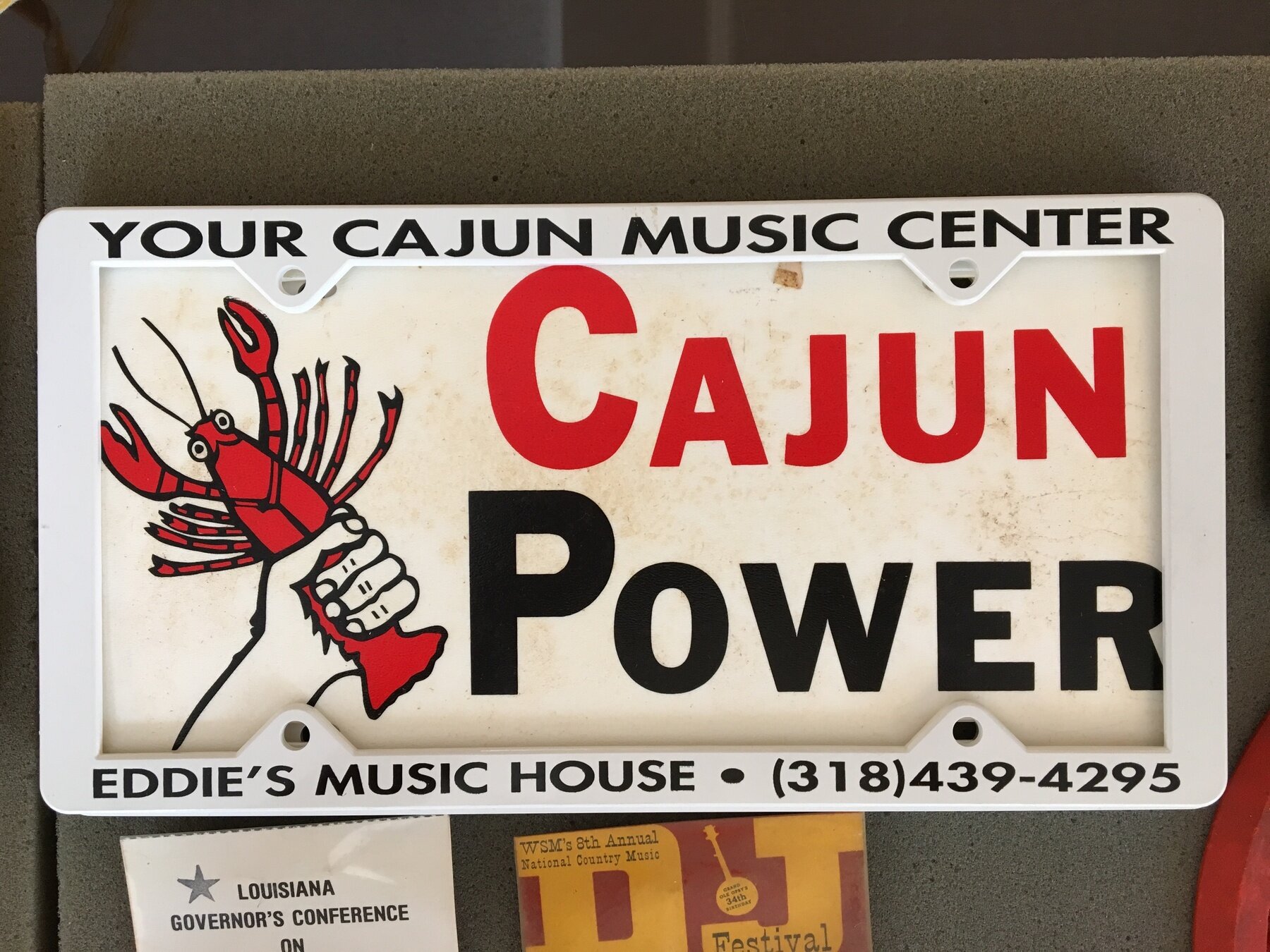
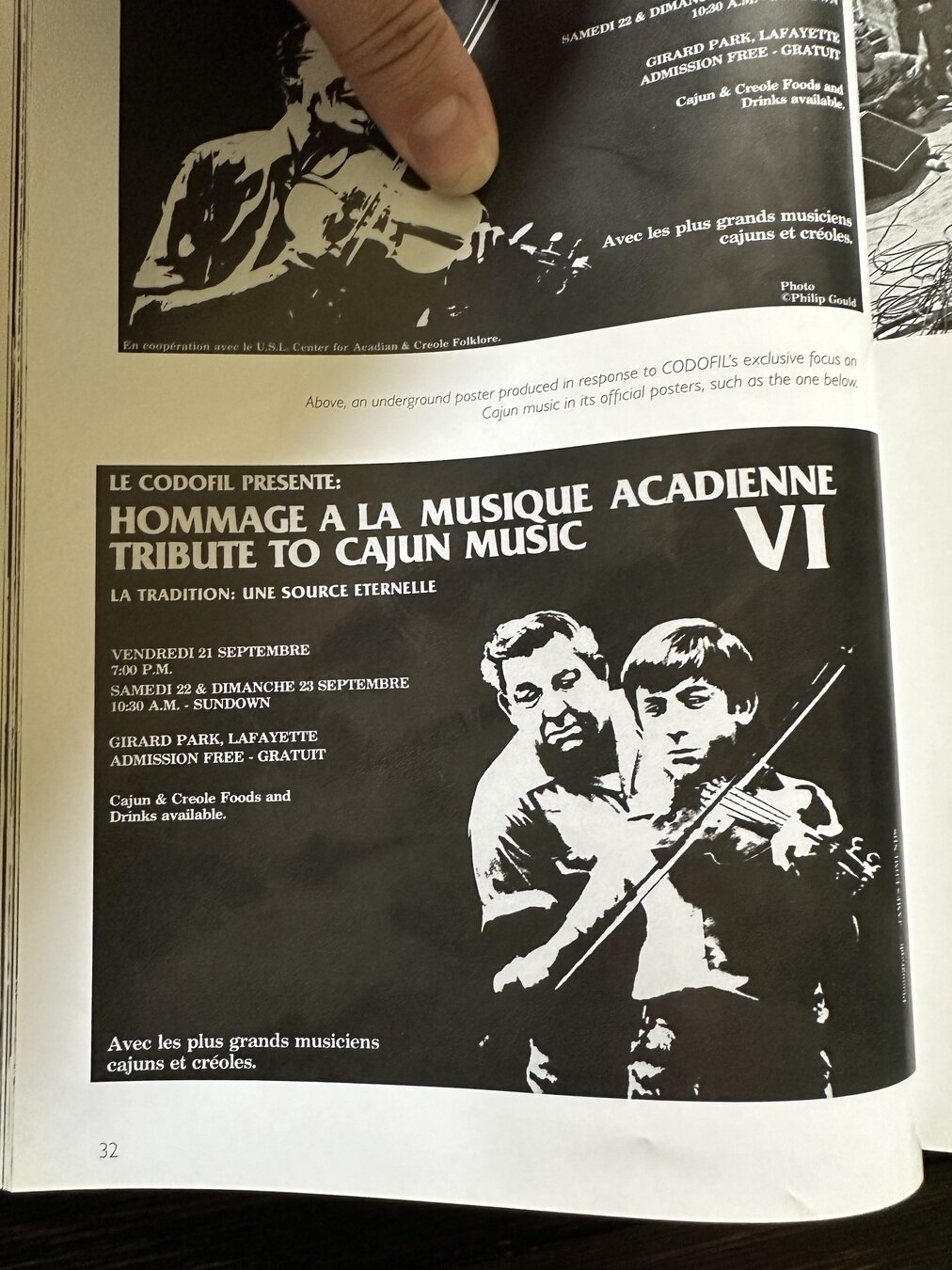
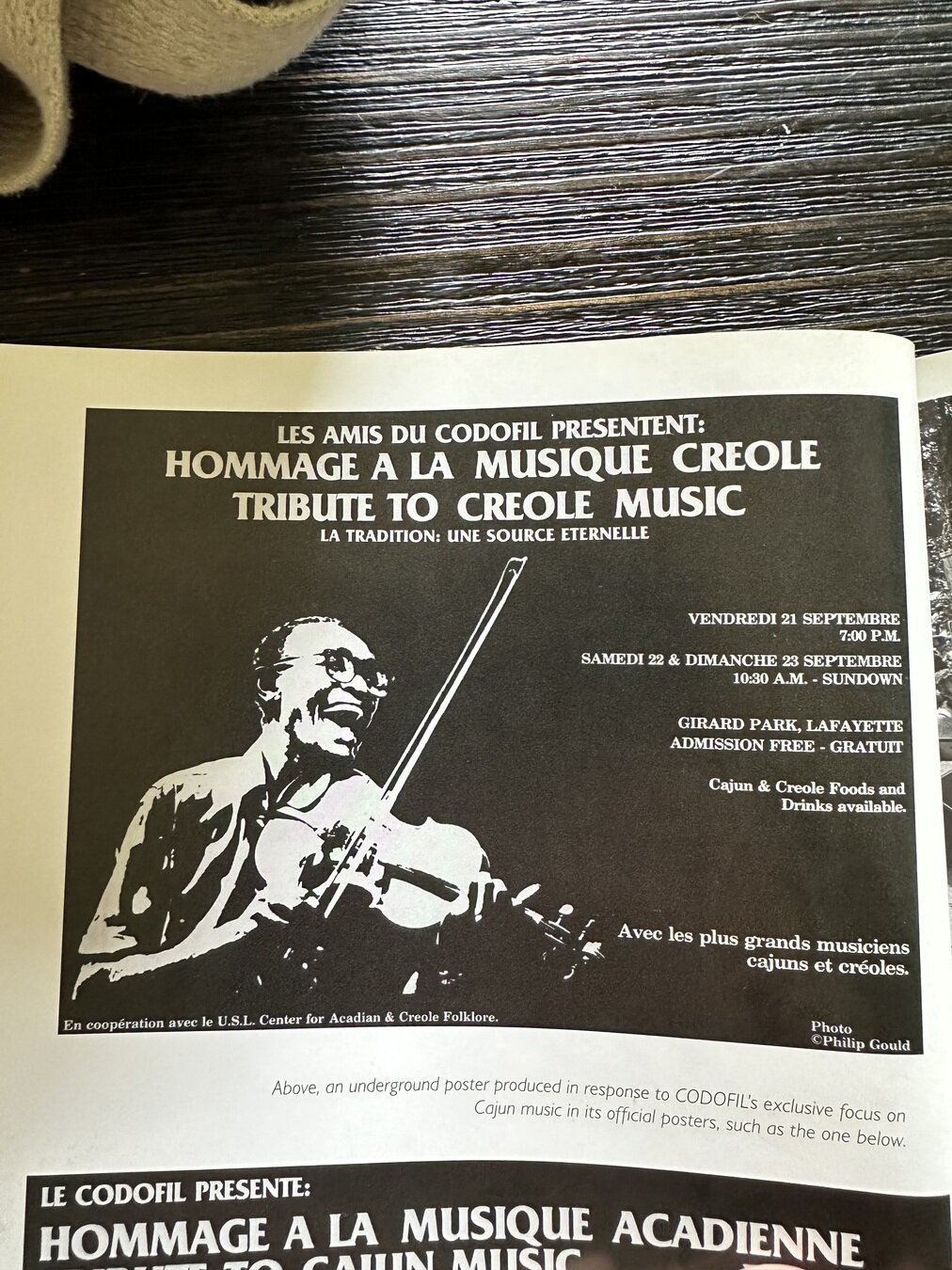
- Time period: 1970s
- Acadiana founded with cultural slogans and traditions
- Countermovements to Cajun-centric identity emerge
- Contest cultural amnesia about the fifty years before Acadiana that made the region possible and set up its central tensions and challenges.
Imagining Acadiana: Cajun Identity in Modern Louisiana
Jessica Dauterive
Dissertation Defense
April 19, 2024



Slides
Playlist